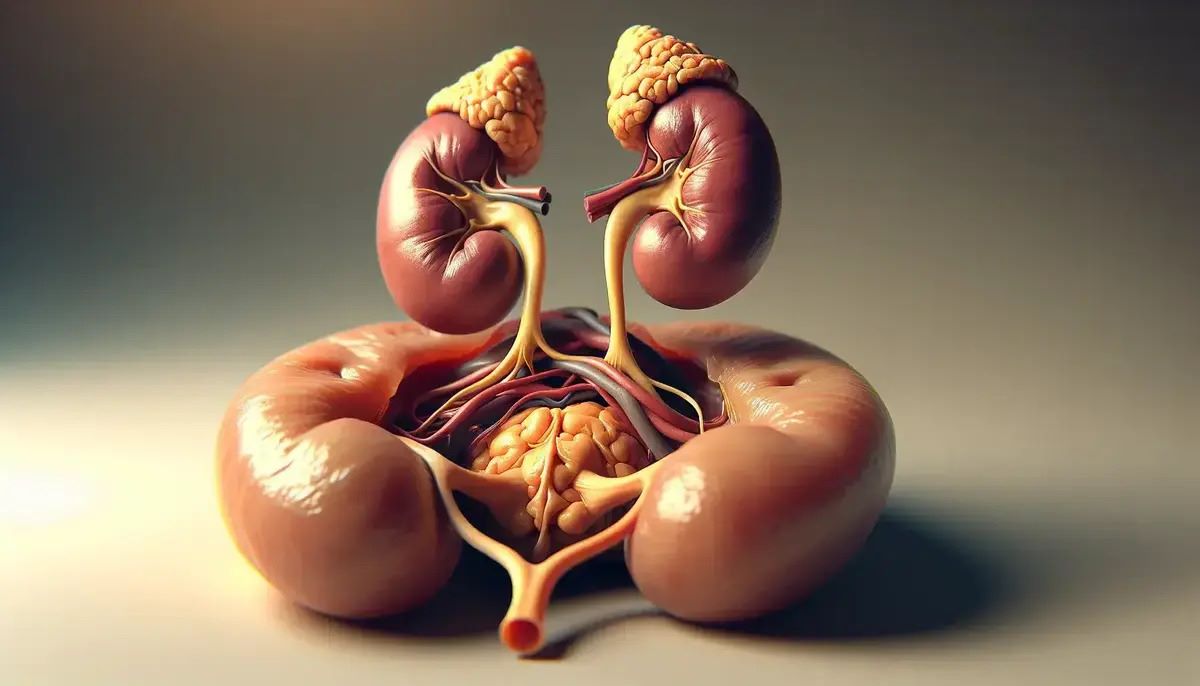
Octopuses are some of the most intriguing creatures in the ocean. With their eight arms, three hearts, and blue blood, they seem almost otherworldly. Did you know that octopuses can change color to blend into their surroundings? This ability helps them avoid predators and sneak up on prey. Another fascinating fact is that they are incredibly intelligent, capable of solving puzzles and opening jars. Octopuses also have a unique way of moving, using a form of jet propulsion to zip through the water. Their ability to regenerate lost limbs is another marvel. Want to know more about these amazing sea creatures? Keep reading to uncover 35 incredible facts about octopuses!
Octopuses: Masters of Camouflage
Octopuses are fascinating creatures known for their incredible ability to blend into their surroundings. Here are some mind-blowing facts about their camouflage skills.
- Octopuses can change color in less than a second, thanks to specialized cells called chromatophores.
- They can also alter their skin texture to mimic rocks, coral, or sand.
- Some species, like the mimic octopus, can imitate other sea animals, such as lionfish, flatfish, and sea snakes.
- Their camouflage abilities help them avoid predators and sneak up on prey.
Octopus Intelligence: Smarter Than You Think
Octopuses are not just about looks; they are incredibly intelligent. Let's dive into some amazing facts about their brainpower.
- Octopuses have nine brains: one central brain and one in each of their eight arms.
- They can solve puzzles and navigate mazes, showing problem-solving skills similar to those of some mammals.
- Octopuses have been observed using tools, such as coconut shells, for shelter.
- They can remember and recognize individual humans, showing a high level of memory and learning.
Unique Physical Traits of Octopuses
These creatures have some unique physical traits that set them apart from other marine animals. Here are a few intriguing facts.
- Octopuses have three hearts: two pump blood to the gills, and one pumps it to the rest of the body.
- Their blood is blue due to a copper-based molecule called hemocyanin, which is more efficient at transporting oxygen in cold, low-oxygen environments.
- Octopus arms can regenerate if lost, similar to how some lizards can regrow their tails.
- Each arm has its own nervous system, allowing it to operate independently from the central brain.
Octopus Reproduction: A Unique Process
The reproduction process of octopuses is as unique as the creatures themselves. Here are some fascinating facts about how they reproduce.
- Male octopuses have a specialized arm called a hectocotylus, used to transfer sperm to the female.
- After mating, females lay thousands of eggs and guard them until they hatch.
- Female octopuses often die shortly after their eggs hatch, as they stop eating to protect their offspring.
- Some species, like the giant Pacific octopus, can lay up to 100,000 eggs at a time.
Octopus Habitat: Where Do They Live?
Octopuses can be found in various marine environments around the world. Here are some interesting facts about their habitats.
- They inhabit all the world's oceans, from shallow coastal waters to deep-sea environments.
- Octopuses prefer hiding in crevices, under rocks, or in burrows to avoid predators.
- Some species, like the dumbo octopus, live at depths of over 13,000 feet.
- Octopuses are found in both tropical and temperate waters, adapting to a wide range of temperatures.
Octopus Diet: What Do They Eat?
Octopuses are carnivorous and have a varied diet. Here are some facts about what they eat and how they hunt.
- They primarily feed on crabs, shrimp, and small fish.
- Octopuses use their sharp beaks to break open the shells of their prey.
- They have a specialized organ called a radula, which acts like a tongue with tiny teeth to help them consume their food.
- Some octopuses use venom to paralyze their prey before eating it.
Octopus Defense Mechanisms
Octopuses have several defense mechanisms to protect themselves from predators. Here are some interesting facts about how they stay safe.
- They can eject a cloud of ink to confuse predators and make a quick escape.
- Some species can detach an arm to distract a predator while they swim away.
- Octopuses can squeeze through incredibly small spaces, thanks to their soft, flexible bodies.
- Their camouflage abilities also serve as a primary defense mechanism.
Octopus Lifespan: How Long Do They Live?
The lifespan of octopuses varies by species, but they generally have short lives. Here are some facts about their lifespan.
- Most octopuses live for only 1 to 2 years.
- The giant Pacific octopus can live up to 5 years, making it one of the longest-lived species.
- Their short lifespan is often due to their reproductive strategy, where they die shortly after mating or laying eggs.
- Despite their short lives, octopuses grow rapidly, reaching full size in just a few months.
Octopus in Popular Culture
Octopuses have made their way into popular culture in various forms. Here are some fun facts about their appearances in media and folklore.
- The octopus has been a symbol of mystery and the unknown in many cultures, often featured in myths and legends.
- They have appeared in numerous films, such as "Finding Dory" and "Pirates of the Caribbean."
- The Kraken, a legendary sea monster, is often depicted as a giant octopus or squid in literature and movies.
The Final Note on Octaves
Octaves are more than just a musical term. They’re a fundamental part of how we understand sound and music. From the way they create harmony to their role in different cultures, octaves shape our auditory world. Musicians rely on them to craft melodies that resonate with listeners. Scientists use them to study sound waves and frequencies. Even in nature, octaves appear in the calls of animals and the sounds of the environment. Understanding octaves can deepen your appreciation for music and the natural world. So next time you listen to your favorite song, remember the octaves working behind the scenes to make it all possible. Whether you’re a musician, a science enthusiast, or just someone who loves a good tune, octaves have something to offer. Keep exploring, keep listening, and let the power of octaves enrich your world.
Was this page helpful?
Our commitment to delivering trustworthy and engaging content is at the heart of what we do. Each fact on our site is contributed by real users like you, bringing a wealth of diverse insights and information. To ensure the highest standards of accuracy and reliability, our dedicated editors meticulously review each submission. This process guarantees that the facts we share are not only fascinating but also credible. Trust in our commitment to quality and authenticity as you explore and learn with us.


